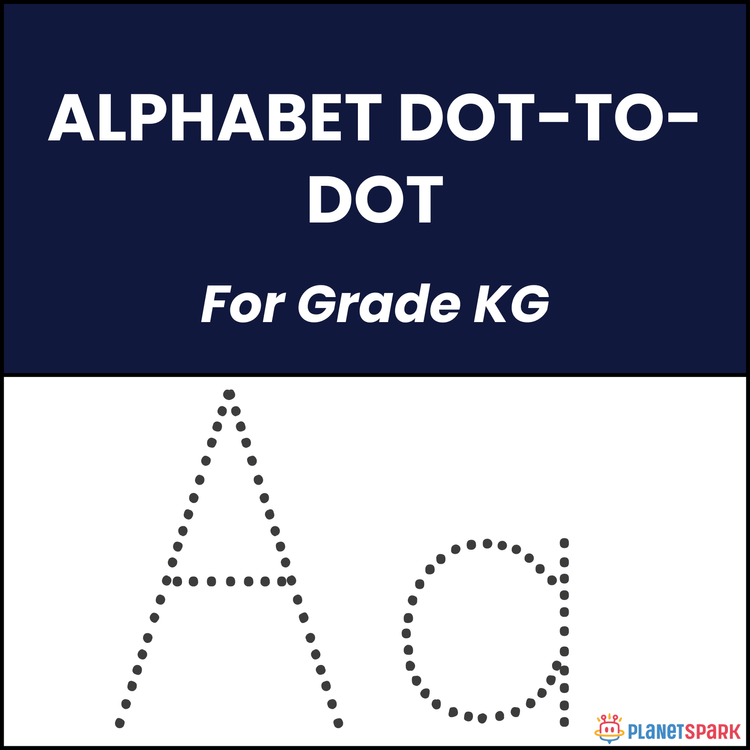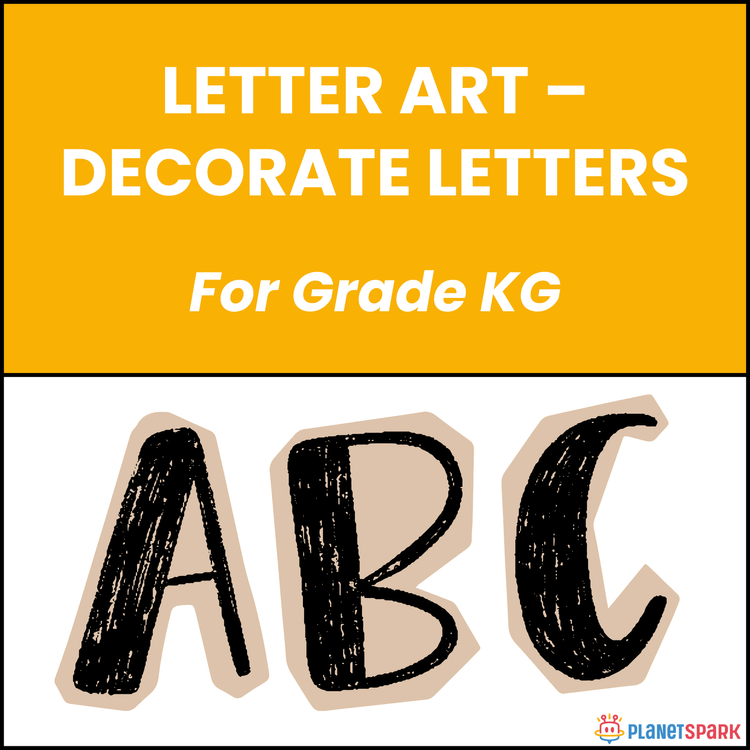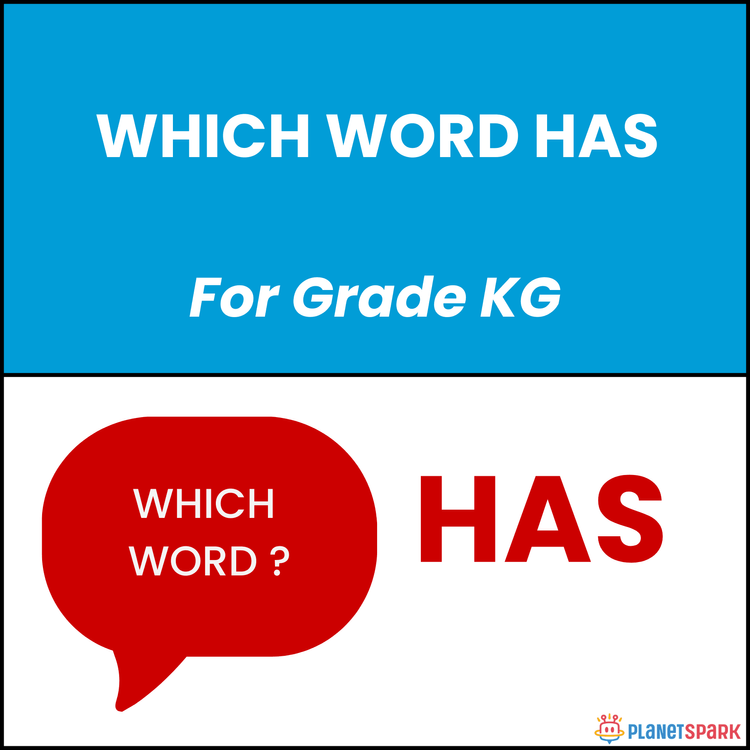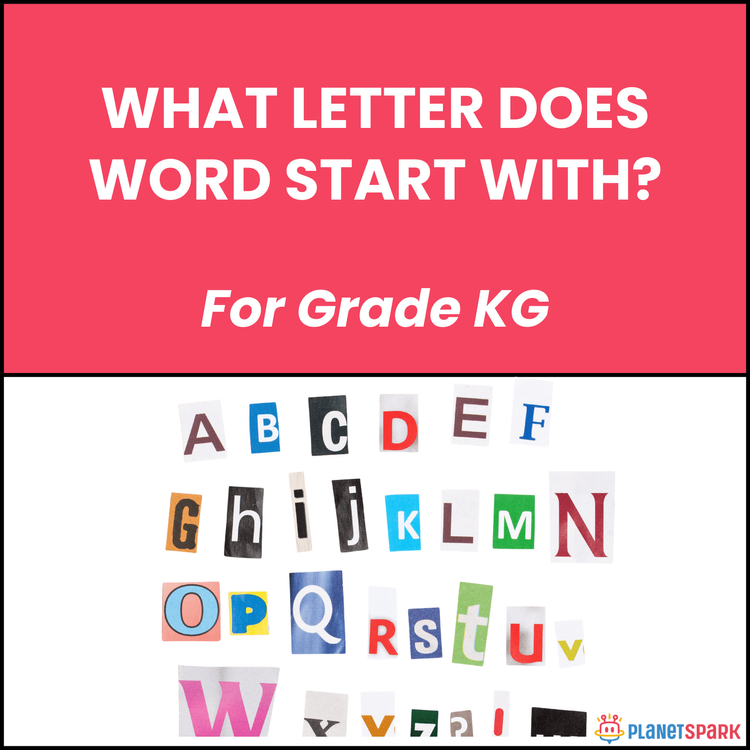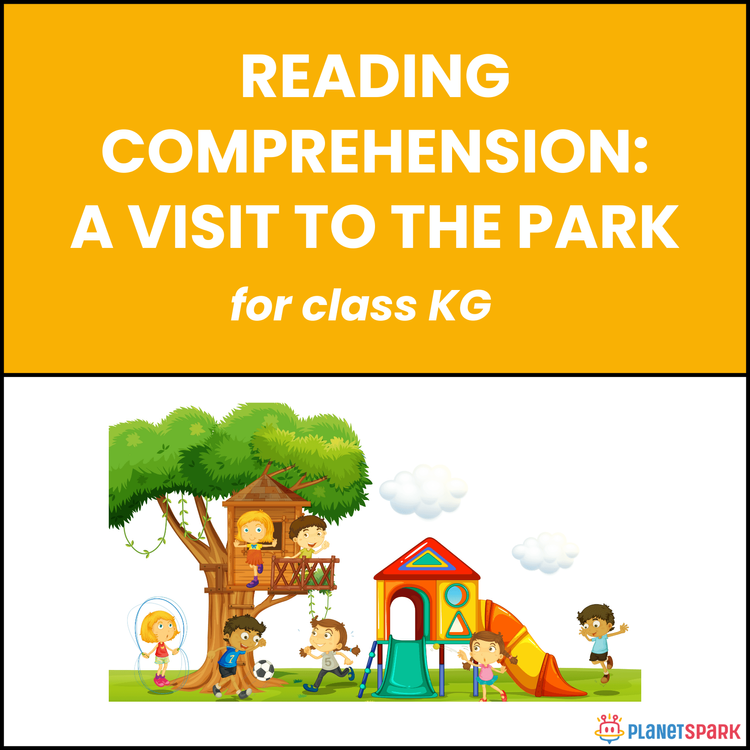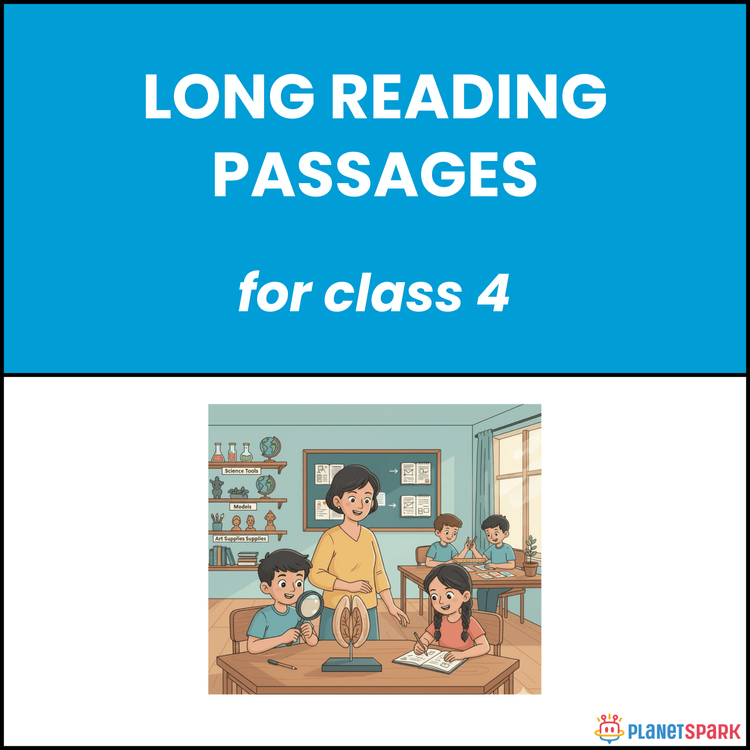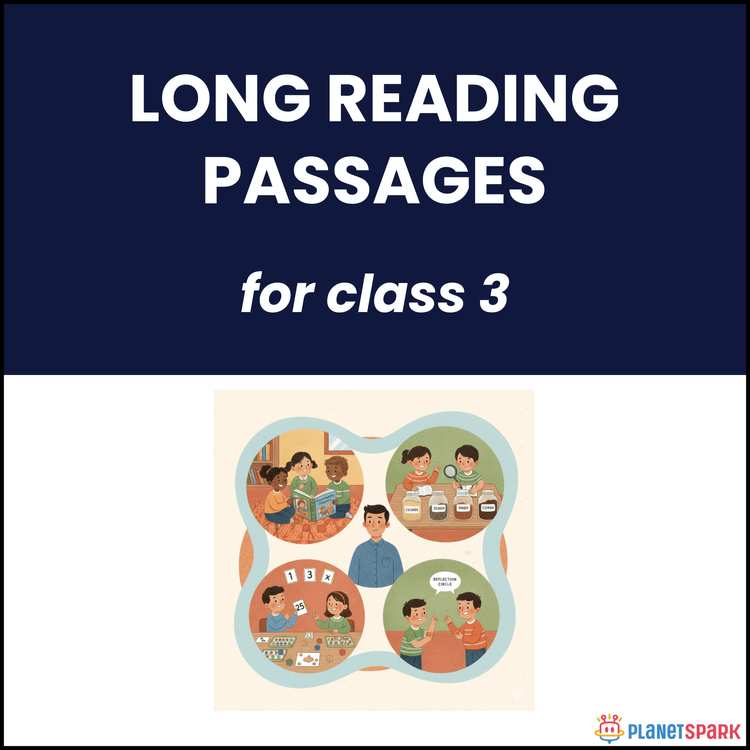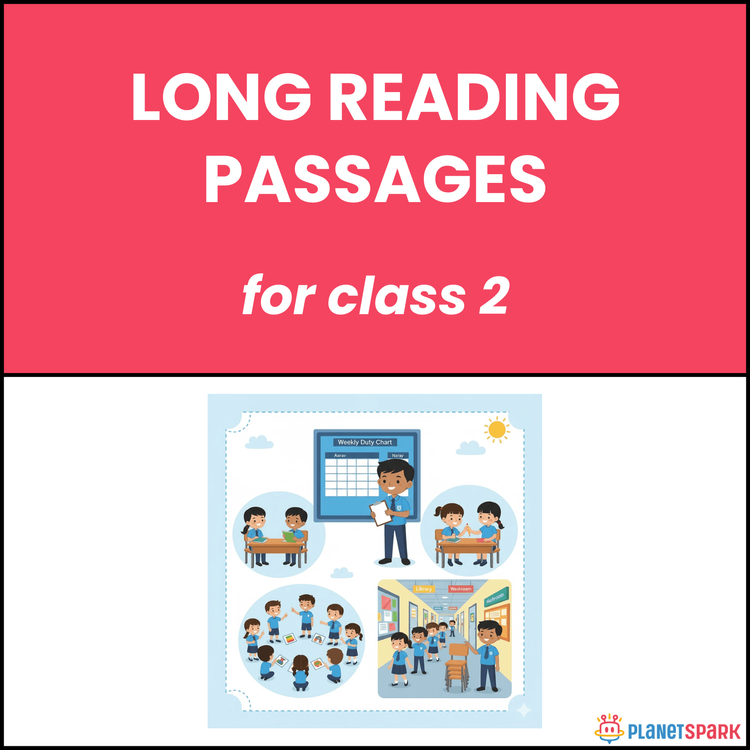Class KG Notice Writing: Birthday Party
KGEnglishEnglish GrammarFree DownloadPDF
Sejal JainVisit Profile
An English educator with 10+ years of experience, I hold a Master’s in English Literature and a TESOL certification. My diverse professional background allows me to bring fresh perspective, strong communication, and thoughtful intention to every aspect of my work in education.
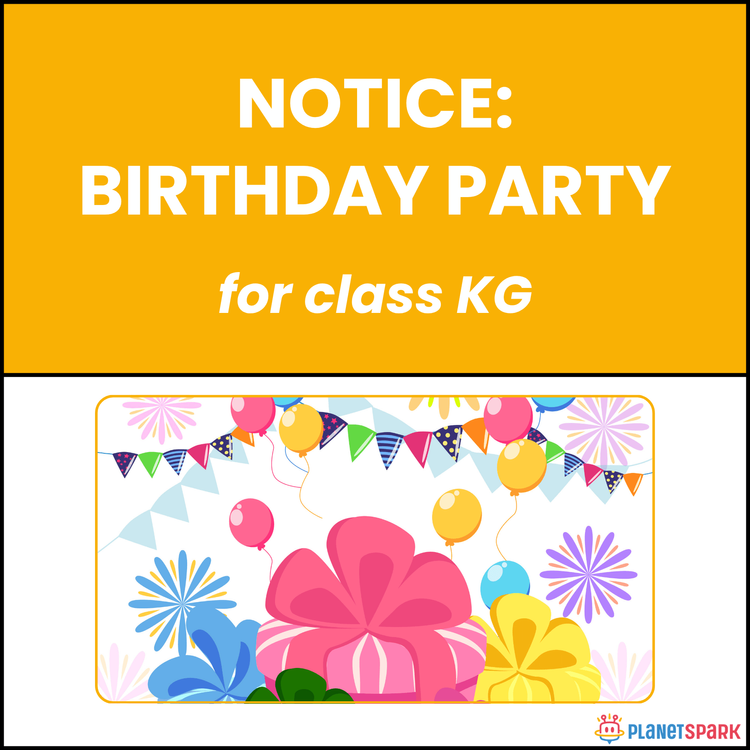

Class KG Notice Writing: Birthday Party
KGEnglishEnglish GrammarFree DownloadPDF
Sejal JainVisit Profile
An English educator with 10+ years of experience, I hold a Master’s in English Literature and a TESOL certification. My diverse professional background allows me to bring fresh perspective, strong communication, and thoughtful intention to every aspect of my work in education.
Party Time: Reading Passage “Birthday Party” for Class KG
This Kindergarten worksheet introduces a cheerful notice about a birthday party. The passage describes Priya inviting friends and family to her home in Green Park Colony on Saturday at 5 o’clock in the evening. The celebration includes games, balloons, and cake, with an invitation for everyone to come, smile, and have fun together:
Why Reading Passages Matter in Grammar?
Reading passages help children:
1. Recall short, factual details clearly.
2. Connect reading with real-life events like birthdays.
3. Build vocabulary around social and festive settings.
4. Learn to read notices and invitations with understanding.
What’s Inside This Worksheet?
This worksheet includes one notice-style passage and 10 simple multiple-choice comprehension questions:
🧠 Reading Passage
A short notice inviting friends and family to a birthday party with games, balloons, and cake at Priya’s home in Green Park Colony.
✏️ Exercise – Multiple Choice Questions
Students answer what the notice is about, where the party is, when it will be held, who is invited, and what everyone should bring.
✅ Answer Key (For Parents & Educators)
1. D
2. A
3. B
4. C
5. A
6. B
7. C
8. C
9. B
10. A
Make learning joyful with this KG reading passage on notices — a fun way to connect reading with celebration and friendship!
Frequently Asked Questions
It teaches children to share information in short, clear sentences.
They develop sentence formation, date use, and simple grammar.
It builds early communication and formal writing habits.
